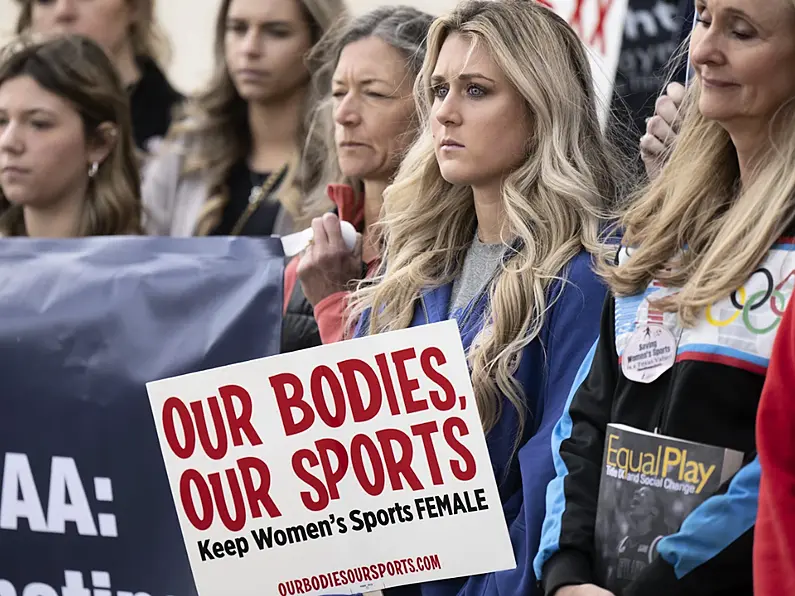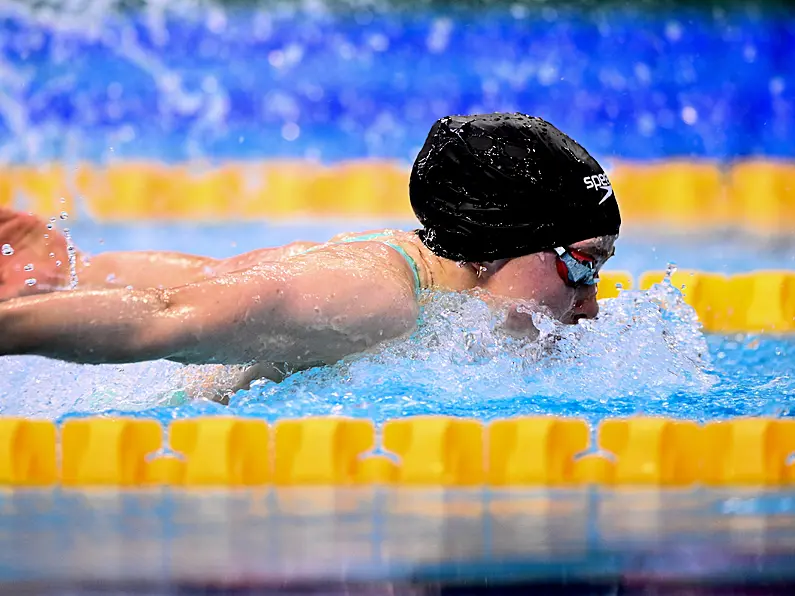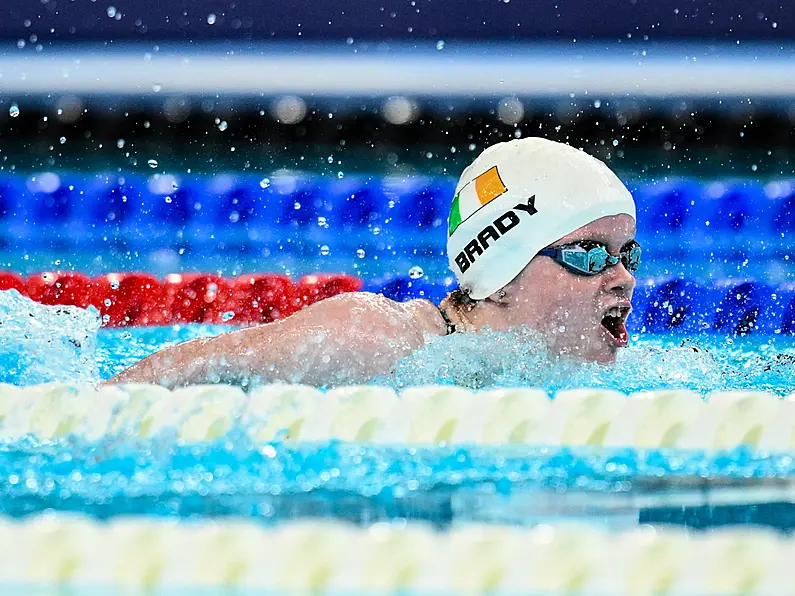College sports in America, long a haven for aspiring athletes and a breeding ground for future Olympians, has found itself embroiled in a lawsuit that dives headfirst into the transgender participation debate in women's sport. At the center of the storm is Lia Thomas, the University of Pennsylvania swimmer who became the first openly transgender athlete to claim a Division I national championship in 2022.
Sixteen female athletes, led by Kentucky swimmer Riley Gaines, have filed suit against the NCAA, arguing that Thomas's win – and indeed, her participation itself – violates their Title IX rights. The lawsuit paints a picture of a competition disrupted, with locker room anxieties and podium placements allegedly snatched away by an athlete they consider to have an unfair biological advantage.
The lawsuit, filed in U.S. District Court in Atlanta, details the shock Gaines and other swimmers felt when they learned they would have to share a locker room with Thomas at the championships in Atlanta. It documents a number of races they swam in with Thomas, including the 200M final in which Thomas and Gaines tied for fifth but Thomas, not Gaines, was handed the fifth-place trophy.
The crux of the issue hinges on the question of fairness. The plaintiffs contend that Thomas, who previously competed on the men's team, retains physical benefits that give her a competitive edge over her female competitors. It's a complex question, one that science is still grappling with. While some studies suggest a diminishing athletic advantage after testosterone suppression therapy, the murky world of elite athletics, where milliseconds and hundredths of a second separate champions from also-rans, throws another layer of uncertainty into the mix.
The NCAA, for its part, finds itself caught in a no-win situation. Its recently revised transgender participation policy, attempting to balance fairness and inclusion, is now being challenged in court. The policy, in its third phase of implementation, relies on national governing bodies to determine eligibility standards – a strategy that might not appease all parties.
The ripples of this lawsuit extend far beyond the swimming pool. It's a battle for the soul of women's sports, with the plaintiffs arguing that the very essence of fair competition is under threat. The outcome of this case could have far-reaching consequences, shaping the landscape of transgender participation in athletics for years to come.












